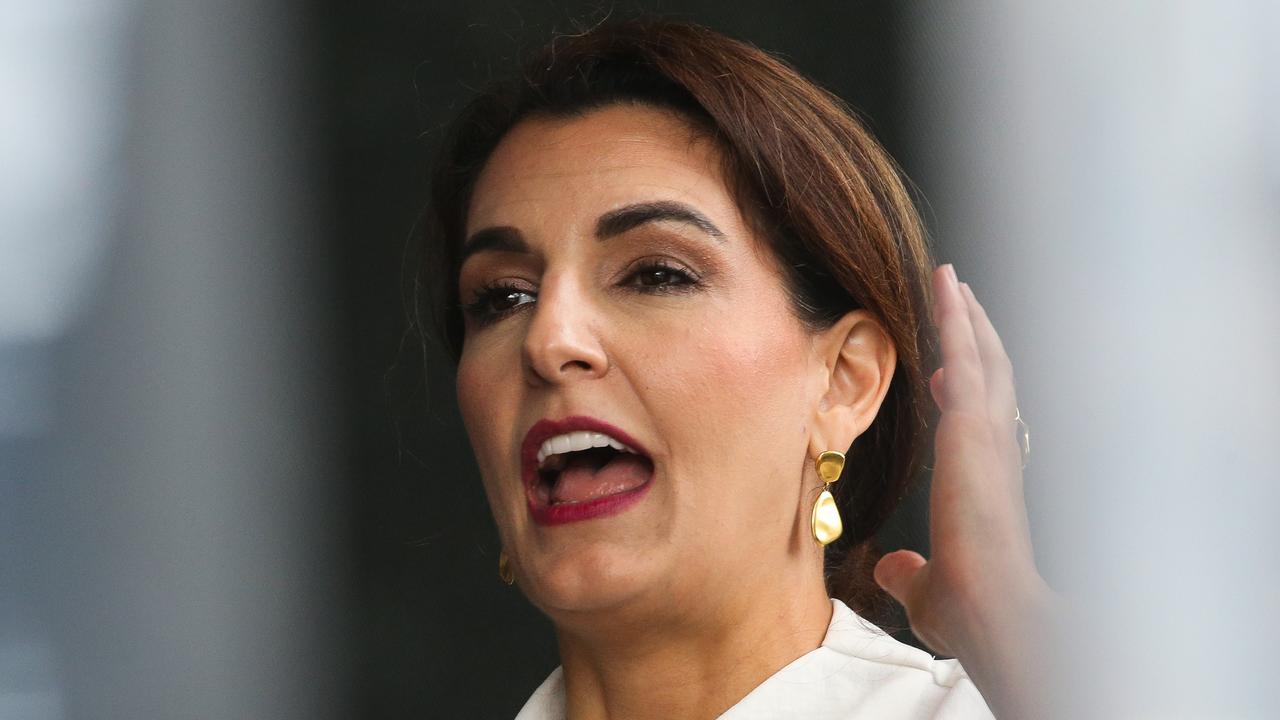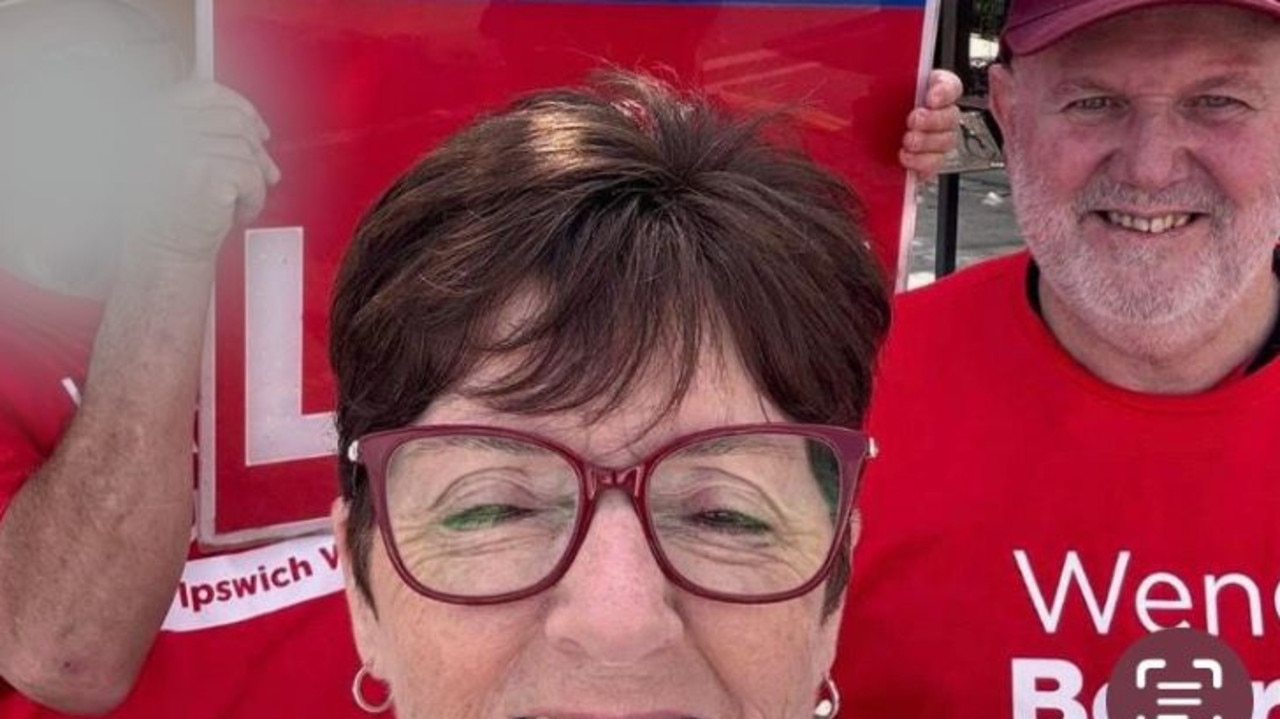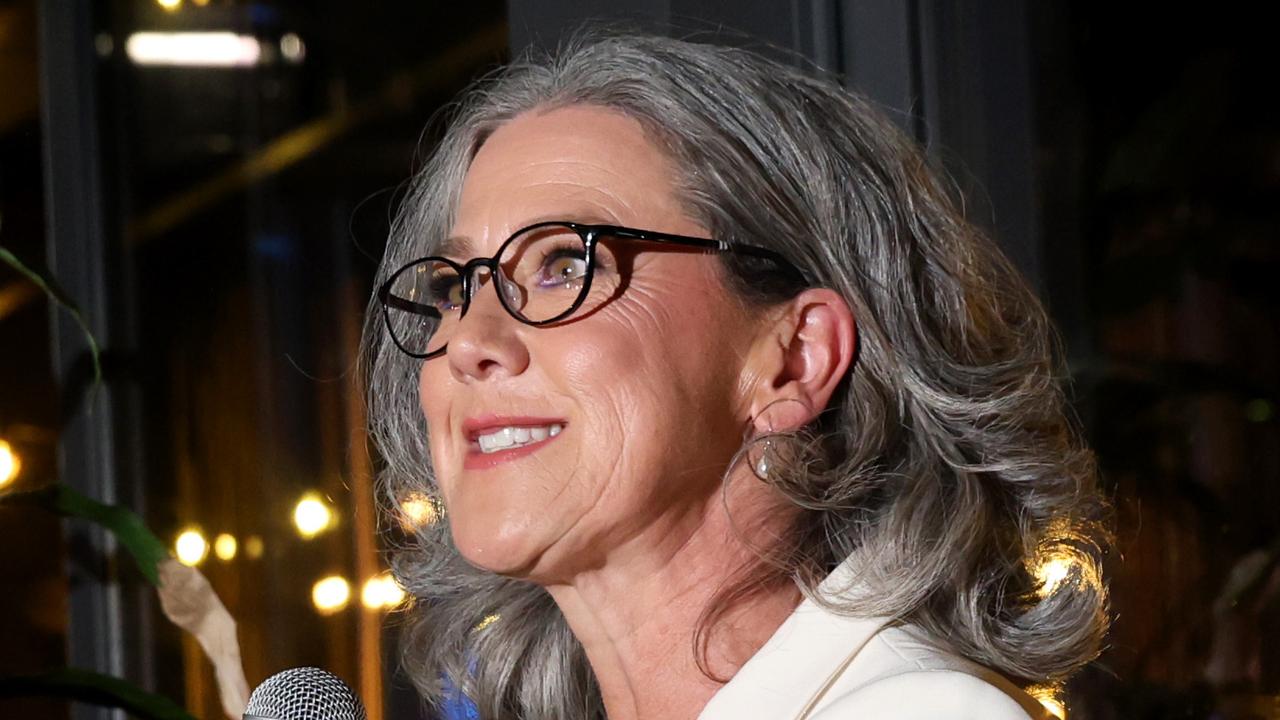‘We’ll win sooner or later’: Legalise Cannabis Party has high hopes after surprise election result
It was an election of big winners and losers, and while the two major parties gained all the attention, a fringe party quietly achieved one of the biggest feats.
Federal Election
Don't miss out on the headlines from Federal Election. Followed categories will be added to My News.
It was an election of big winners and losers, with one fringe party quietly pulling off its biggest results of the campaign.
The Legalise Cannabis Party had a nearly 30-fold jump in the number of first preference votes in the House of Representatives, securing more than 164,000 votes compared to just 6025 three years ago.
Once seen as a niche protest group, it’s now pulling support from across the political spectrum and putting pressure on the major parties to take notice.
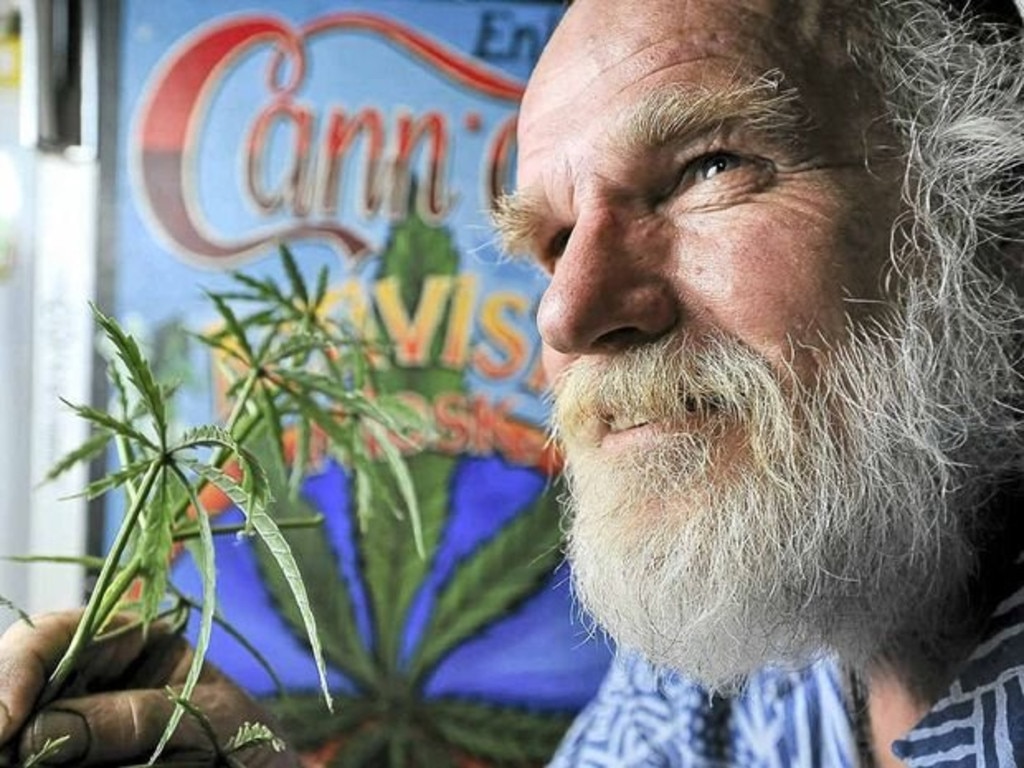
Legalise Cannabis Party
The Legalise Cannabis Party is a single issue party focusing on the legalisation of cannabis for personal, medicinal and industrial uses in Australia.
It is strongly “anti-big pharmaceutical”.
Election analysts said contrary to what might be expected, the Legalise Cannabis Party’s success may have come from the conservative side of politics.
“Legalise Cannabis draw some support from the left, but they also compete to a degree with One Nation,” election analyst and political commentator Dr Kevin Bonham said.
“They tend to do better in sort of not the inner cities, but regional kinds of areas out of suburbs. Queensland’s dispersed population, they tend to do better as a result of that.”
Redbridge pollster Kos Samaras said in the recent Queensland state election, the party “did well in the outer suburbs of Brisbane”. “And [in that election] it probably soaked up most of Labor’s haemorrhaging”.

“It depends on who’s doing the haemorrhaging, whether Legalise Cannabis picks up those votes. On this occasion, I think they probably soaked up more of the Coalition vote than anyone else’s,” Mr Samaras said.
The party ran in 41 lower house seats compared to one at the 2022 election and despite failing to pick up a seat, the Legalise Cannabis Party had received 447,818 first preference Senate votes at the time of writing with a projected +0.02 swing.
Legalise Cannabis president Michael Balderstone said the party received half a million votes in the Senate last election.
“That will be the more interesting number to look at [than the House of Representatives] because I would expect that to go up another half again [this time],” he told news.com.au from the party headquarters in Nimbin.
“So that’s a fair few Australians giving Legalise Cannabis their number one vote. I just hope Albo with his new big tick of approval will take us a bit more seriously and maybe do something this time.”
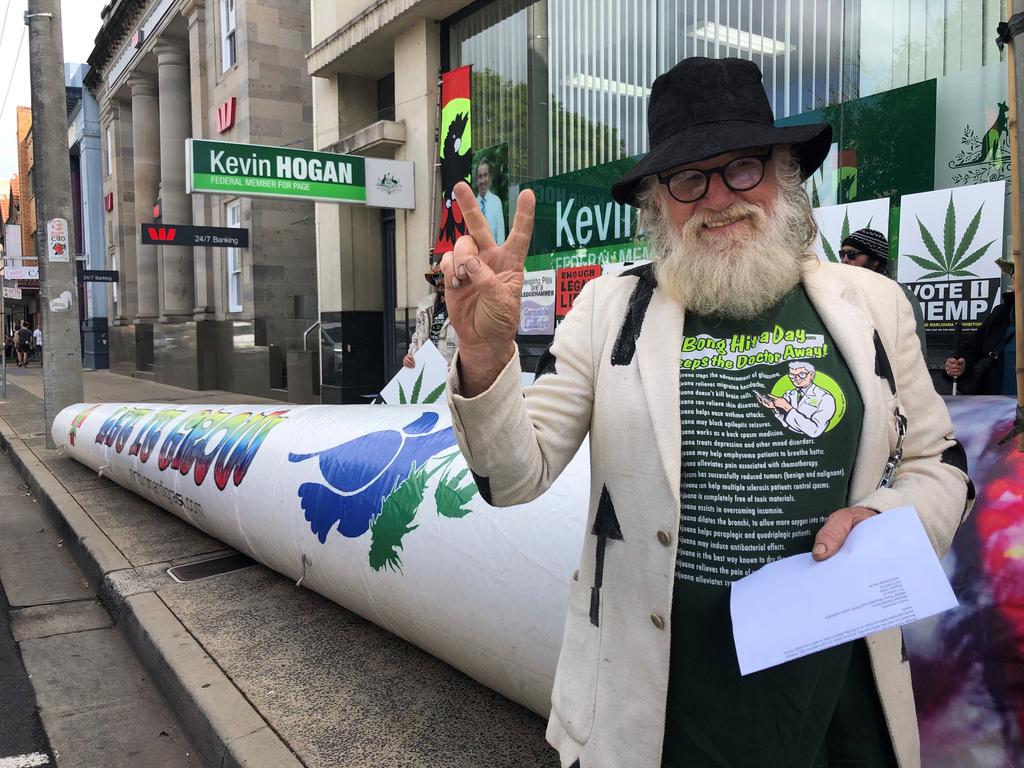
According to Australian Institute of Health and Welfare 2022-23 data, cannabis continues to be the most widely used illicit drug in Australia, 41 per cent had used cannabis in their lifetime and 11.5 per cent of people had recently used it.
Mr Balderstone said it was “inevitable, we’ll win sooner or later”.
“It’s only an amount of time until it gets legalised, it’s just about moving that train along,” Mr Balderstone said.
“I think people need to accept that drug use is a health issue and the people who are getting busted and the people who are using illegal drugs are just the traumatised, troubled people in our society and our jails are full of them. It’s not helping anyone, really.
“It might look impressive for voters, the law and order stuff, but people aren’t so stupid. They know what’s going on and if people are nonviolent, I don’t know why we’re locking them up for trying to get some relief.”
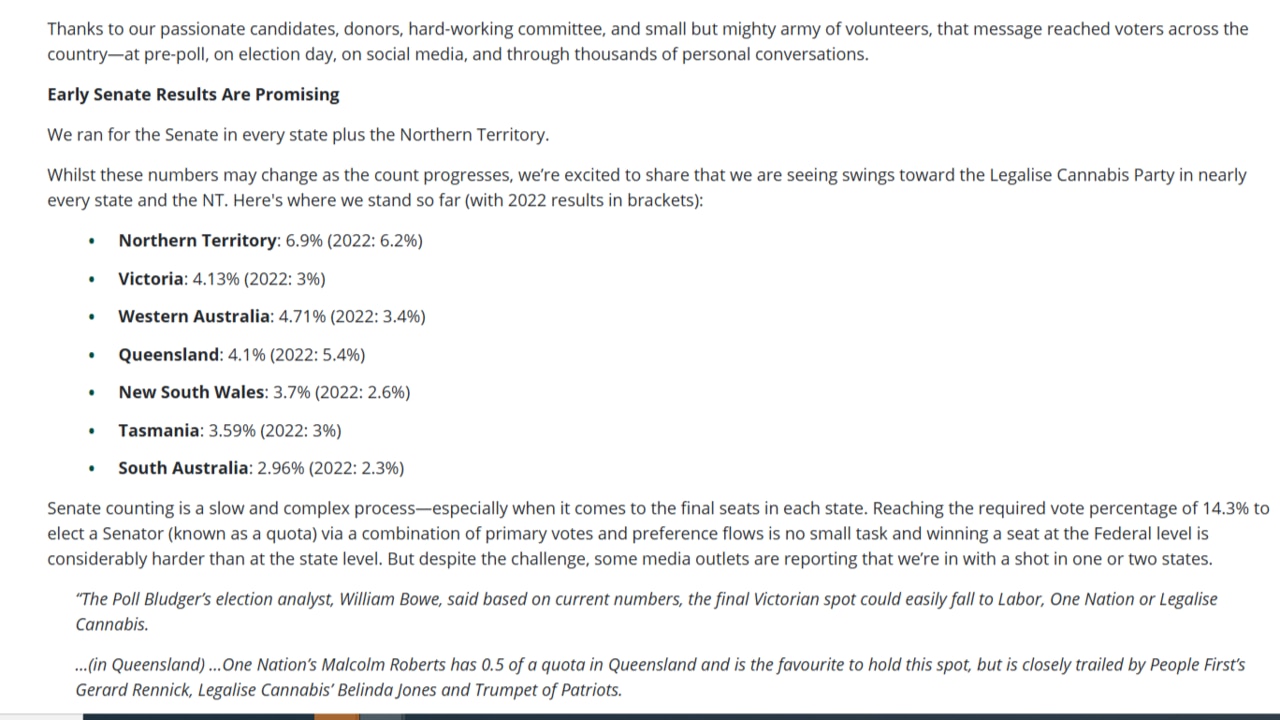
In 2022-23 almost one in four (23 per cent) people aged 20-29 had used cannabis in the previous 12 months.
Mr Balderstone said the party may have outgrown its Nimbin roots but the real battleground lay in reducing the stigma around cannabis use.
“The party’s gone way past Nimbin and possibly the image of stoner hippies is not ideal for us, but not a lot of people want to put their hand up and say, yeah, we smoke cannabis because the stigma is still huge, whereas you know hippies in Nimbin are expected to smoke weed,” he said.
“So the stigma is still a big factor, but I think slowly fading, but that’s the big job; to get people to accept and understand that cannabis users are just ordinary people who have discovered a plant that doesn’t give them a hangover, takes away their trauma, gives them a good night’s sleep and as you don’t smoke with tobacco, has minimal health implications.”
A Breakdown
Labor may have won the night, securing a majority government and a second term for Prime Minister Anthony Albanese, but Australia’s political map is being redrawn – from the fringe to the future, minor parties are quietly stealing the show.
Around six million people, or one in three voters, now put the number 1 next to independents or minor parties.
Labor won its thumping victory off a primary vote of 34.7 per cent – only 2 per cent higher than in 2022 – while the Coalition received 32.2 per cent.
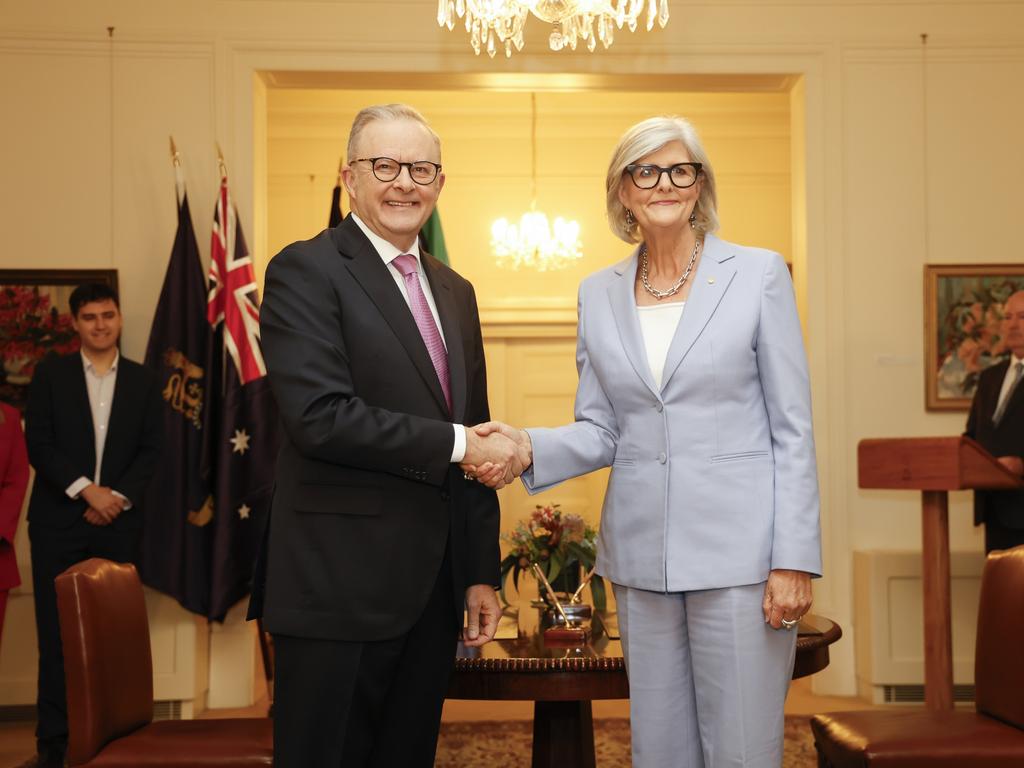
That means the combined vote for independents and minor parties, at 33.1 per cent, will likely surpass that of one of the majors for the first time in nearly 70 years.
“The number of Australians who voted for something other than the major parties is following the usual trajectory, which is increasing in size proportionately,” Redbridge’s Kos Samaras told news.com.au.
“We know that among them, the majority is made up of people who are generally younger. Gen Z, for example, have the lowest levels of what we will define as values [or] connections to any political party in this country, and so are more likely to choose something other than the majors.”
The success of the minor parties generally depends on which of the major parties are haemorrhaging more votes.
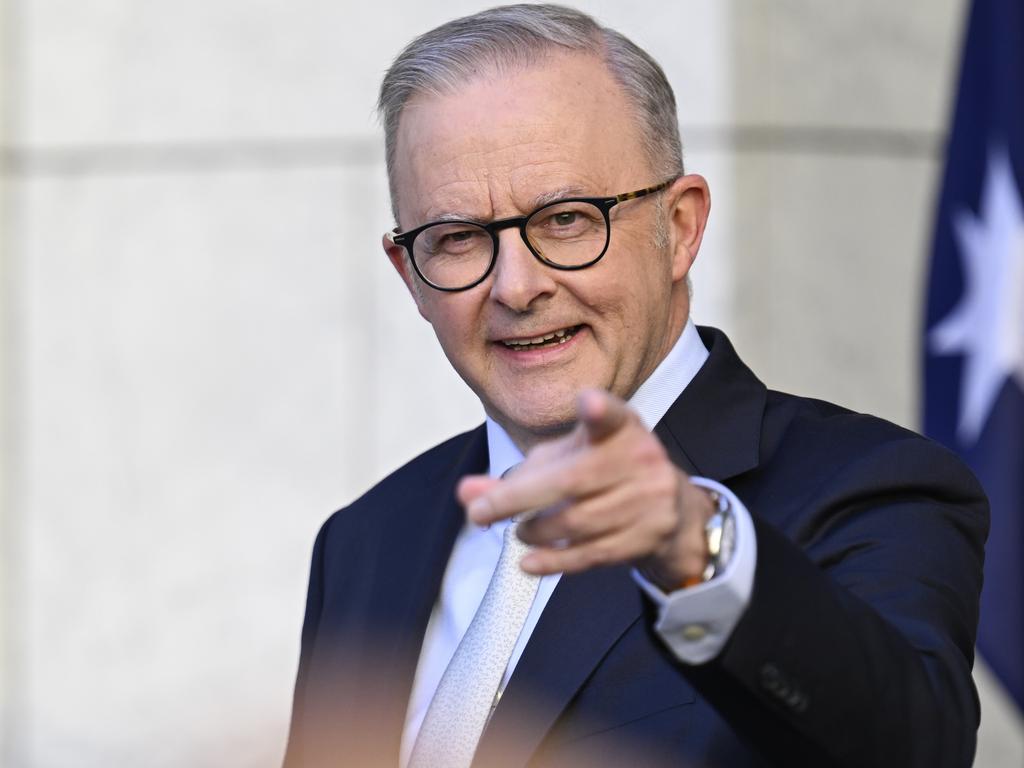
Labor votes are likely to go to parties like the Greens, Legalise Cannabis or Fusion. Liberal votes tend to go to parties like One Nation, Trumpet of Patriots or Family First.
With the Liberal Party projecting the largest recorded swing of the election at negative 3.01 per cent, the more conservative fringe parties would be expected to soak up the majority of those votes – and some have to a certain extent.
We went through the biggest shockers from the minor party swings to see what political direction Australians are leaning.
Trumpet of Patriots
Trumpet of Patriots is a right wing party taken over by Clive Palmer in February after he was unable to re-register the United Australia Party for the election. Their policies centre around “reducing government intrusion in our lives, breaking the [Labor/ Liberal] duopoly” and stopping “the erosion of our Australian values and identity” according to their website.
Gone but not forgotten, no he’s not dead but after a political campaign characterised by annoying text messages and through the roof advertising it’s looking like Clive Palmer’s political aspirations finally may be.
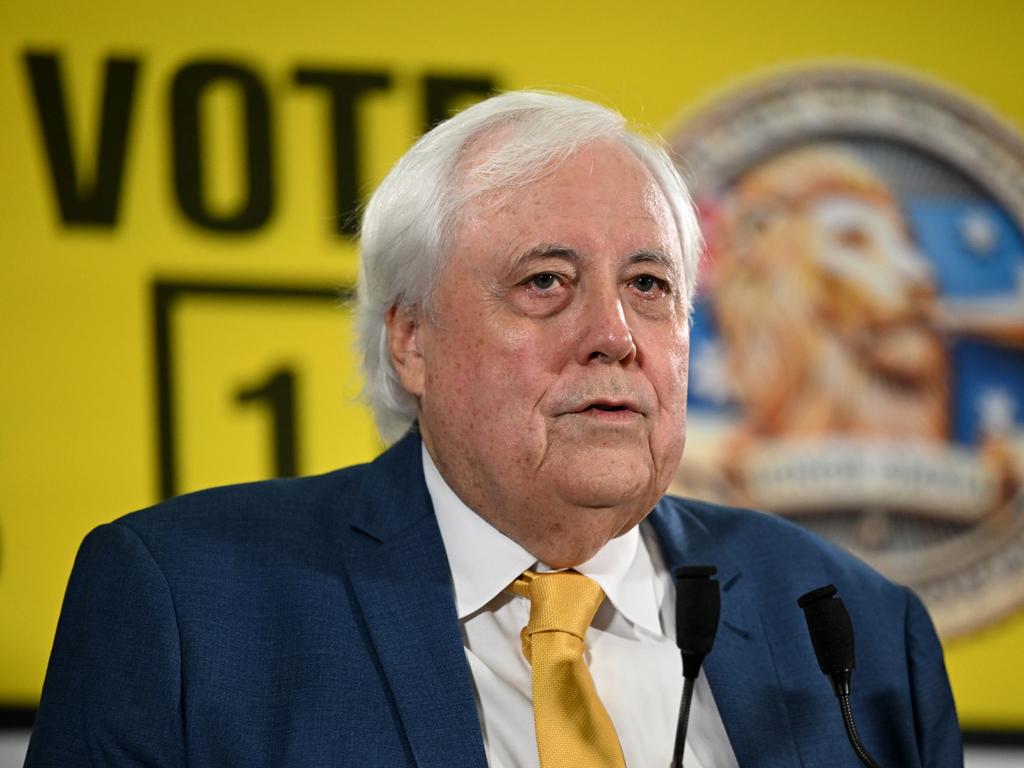
When your model is based on Donald Trump and the Australian people tell you consistently that they hate Donald Trump it’s amazing they did as well as they have.
At the time of writing AEC Tally room has Trumpet of Patriots at 336,242 votes with a +2.33 swing.
Many on the conservative side of Australian politics were critical of Mr Palmer’s late addition to the election for dividing a pool of voters that may have better been united.
Gerard Rennick of the Gerard Rennick People First party believes the estimated $60 million Mr Palmer spent on his campaign was ‘wasted’ after the party failed to pick up a single seat in the House of Representatives.
“We didn’t need to have Clive coming in at the last minute with the new party,” Mr Rennick said.
“You know, the money, it was wasted, certainly didn’t help either. Not good, not good at all. And I know Clive says he’s left politics for good, I’ll believe it when I see it. The problem is he comes back in the last five minutes every time.”
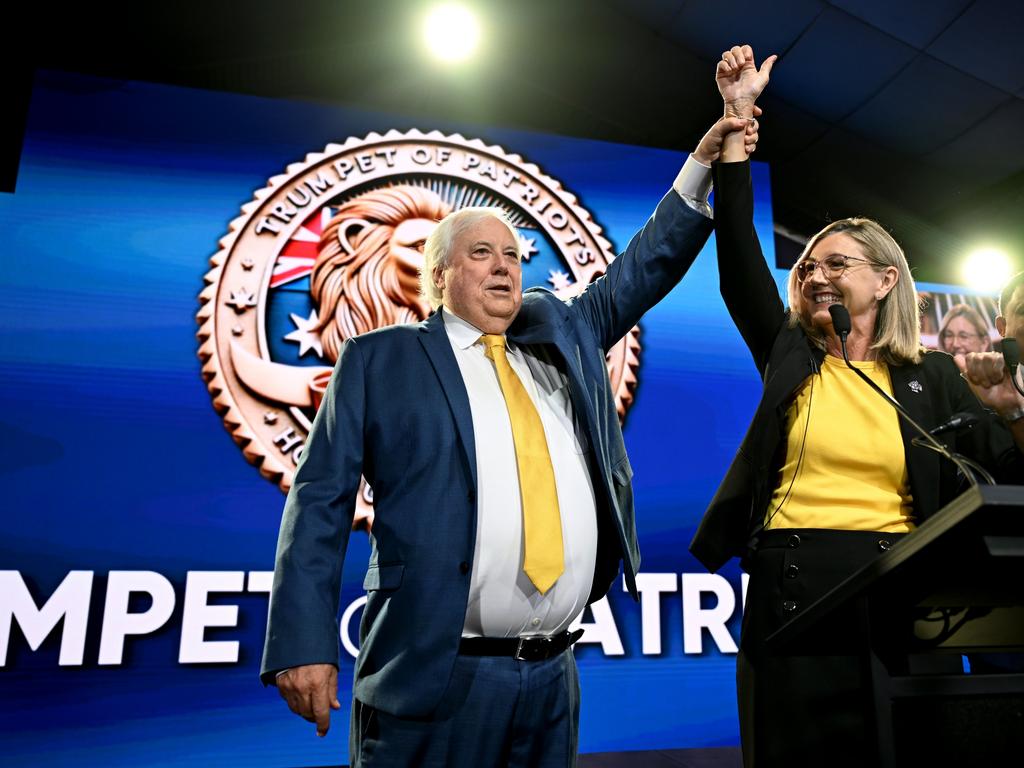
Dr Bonham said Trumpet of Patriots recorded less than half the votes the United Australia Party got in the last election “partly because they didn’t run in every seat.”
Trumpet of Patriots did not respond to this masthead’s request for comment.
Gerard Rennick People First
Gerard Rennick has been a senator since 2019, he resigned from the Liberal National Party in 2024 after he was dumped from preselection in an internal ballot. He then formed the Gerard Rennick People First party, whose key policies include lower income tax, flexible childcare and voluntary superannuation.
Senator Rennick joined forces with Katter’s party for the senate vote where in Queensland they received 129,493 first preference votes with a +4.71 swing.
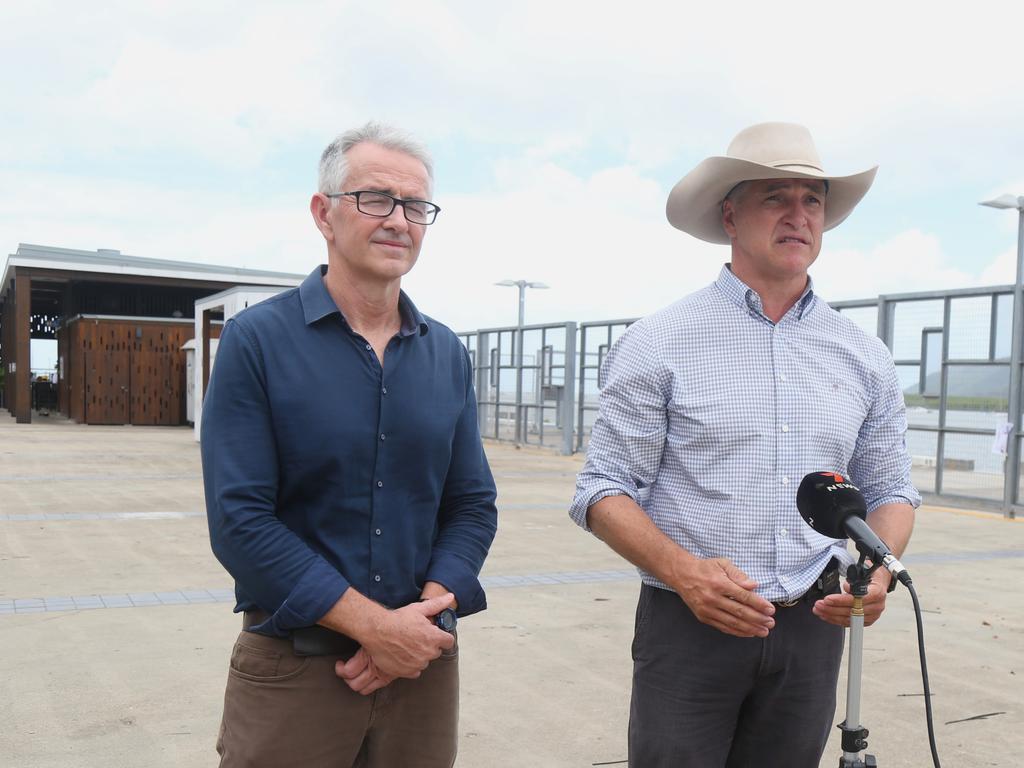
Mr Rennick told news.com.au he was “extremely happy” with how they went.
“In terms of Queensland, I think we did very well for a new party that’s only been around for four months. We didn’t really put a lot of effort into the other states because we didn’t have the time and the resources and the money.
“But, you know, we’re sitting at 4.7, actually, 4.74-75 with next to no mainstream media attention, next to no money. But we did have an excellent ground game in terms of the support we got from our volunteers. So, yeah, I’m extremely happy with how we went.”
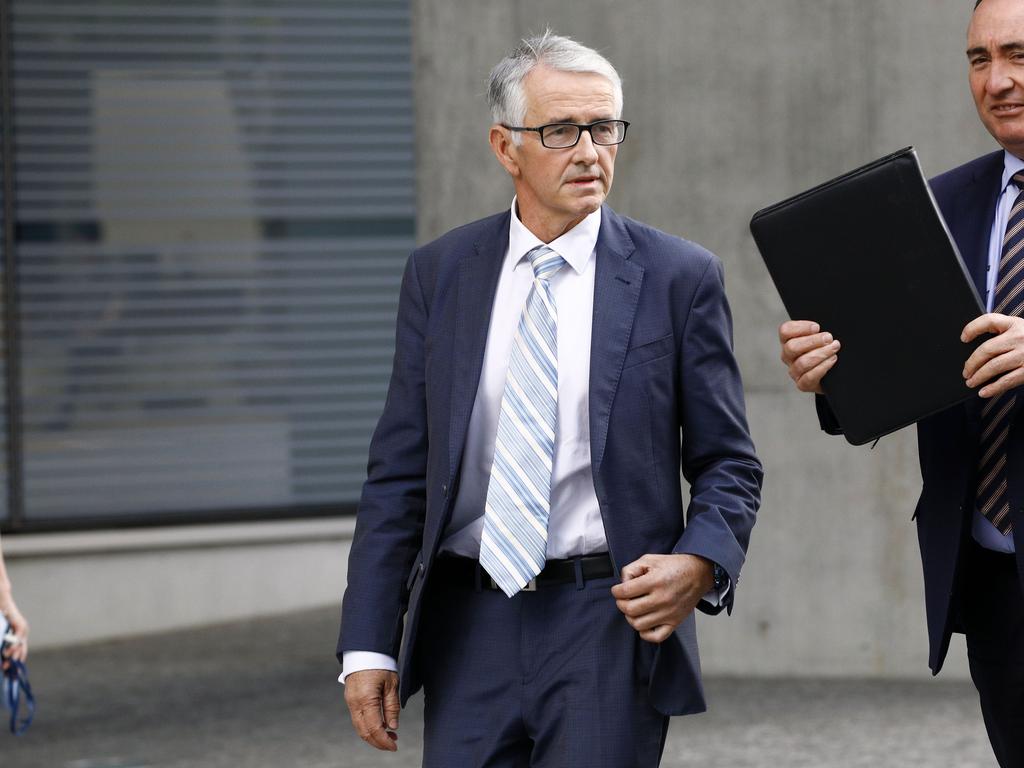
David Pocock
David Pocock is an independent senator and former rugby union player for Australia, his key policies revolve around cost-of-living, housing and climate action. He is also the only Australian politician whose weight is listed on their Wikipedia bio (trim 115kg but geez he’s looking good).
Senator Pocock was re-elected on a 99,213, 18 per cent swing in his Canbera electorate, the biggest in the country and an almost doubling of his vote.
Mr Pocock told news.com.au he was “extremely humbled” by the support from the people of ACT at this election after three years of “working hard and pushing for more ambition on the issues they care about”.
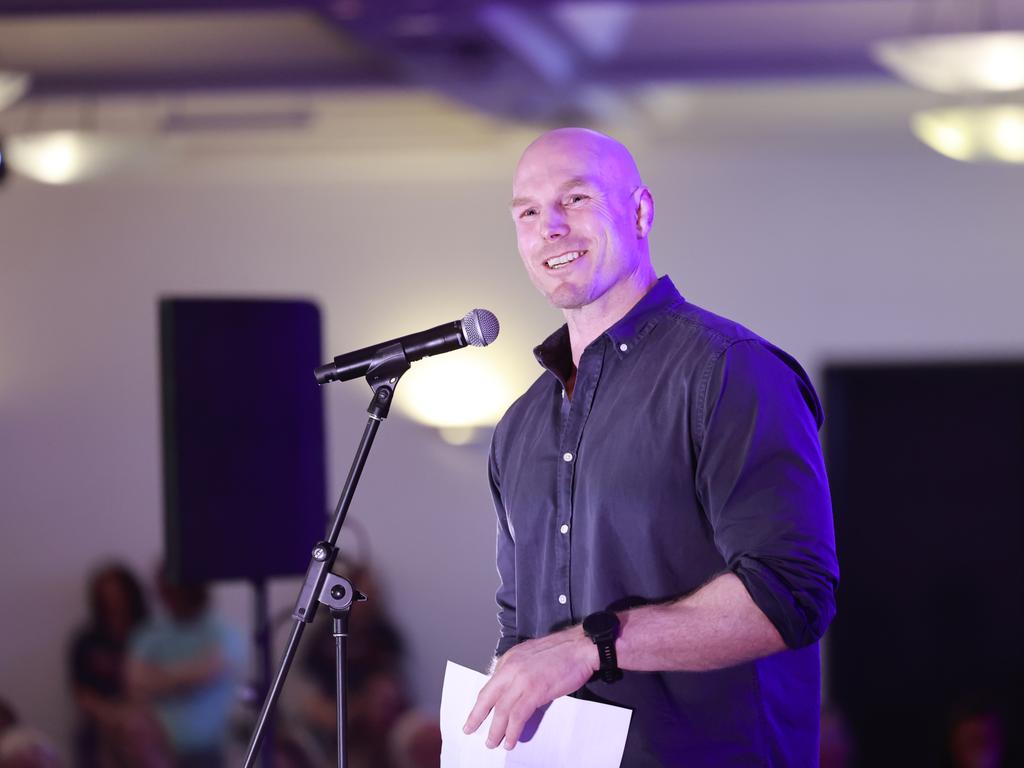
“The primary vote for community-backed Independents more broadly surged this election, surpassing 1 million primary votes in the lower house and demonstrated a slightly bigger swing [2.1 per cent] than towards Labor [2.09 per cent].
“What I hear from people is that they want to see more ambition and a government with the courage to tackle the root causes of the big challenges we face, from housing to climate action.
“They want representatives who put them and their best interests first, ahead of vested interests on things like gambling, lobbying, tax concessions on property, reform on higher education and getting a fair return on the sale of our resources.”
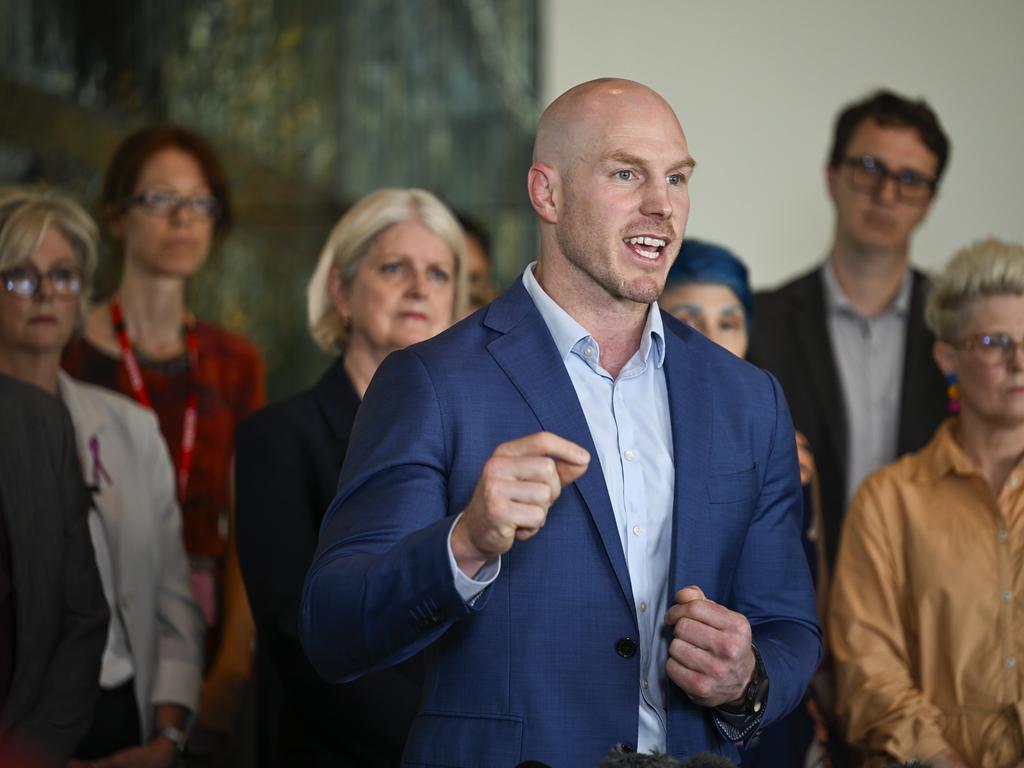
Mr Pocock said these issues have an “outsized impact” on young people and that in part was a driver behind more young people supporting independent candidates like himself.
“Social media has definitely had a huge impact on election campaigns, we’ve seen some big money spent there too, over $39 million at last count but I expect that tally to grow. What we really need to see is the parliament prioritise passing truth in political advertising legislation and regulating the use of Artificial Intelligence in high risk settings, including electoral matters.
“I don’t think anyone expected Labor to pick up so many seats and I think while the Government clearly has a mandate they need to also be really mindful of the message voters sent by the record independent vote. Early post-election polling has confirmed people across Australia want to see bolder, more urgent action on things like health and housing.”
One Nation
One Nation is a right wing party founded and run by Pauline Hanson, the party denies the existence of climate change, and denounces economic rationalism and globalisation. They recorded 750,537 first preference Senate votes with a +1.33 swing.
Dr Bonham said the result represented a win for One Nation but not one as large as the polls predicted.
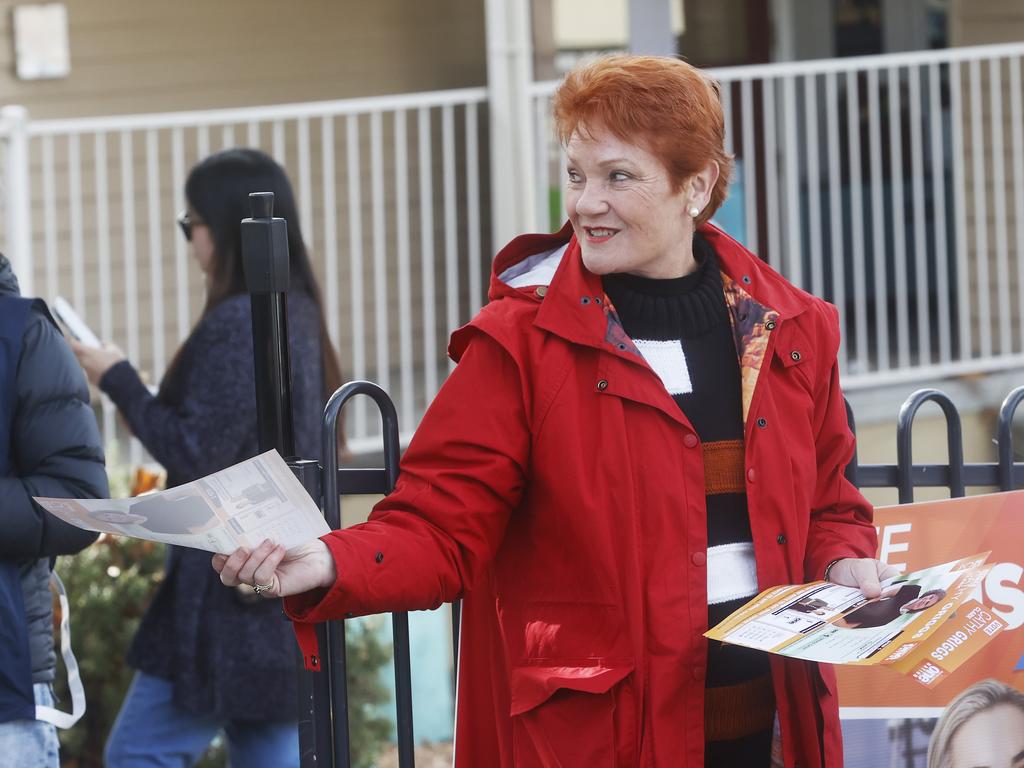
“One Nation are up, but not as much as the polls were suspecting they would be. They’ve still done quite well, but they got 6.3 per cent, whereas a lot of the late polls had them around about 8 per cent.”
Senator Hanson declined to comment extensively however told news.com.au she “is pleased with the increase in support for One Nation”.
Family First
Family First is a conservative Christian party whose policies revolve around opposing abortion, euthanasia and LGBT advocacy. According to their website Family First “exists to restore Australia by restoring the primacy of the family in public policy”. They recorded 197,649 first preference Senate votes with a +1.48 swing.
Dr Bonham said the name ‘Family First’ name has always been a “low information voter magnet” but that because of electoral reforms parties could no longer be elected off of a misleading name.
“Some party names do seem to catch clueless voters. Animal justice is another one. It’s often surprising in elections, how many people you see who put Animal Justice Party first and Shooters, Fishers and Farmers second. So there is some confusion with some of these party names. But it’s not a huge thing. And the benefit of our new system that came in from 2016, you can no longer get elected off 1 per cent of the vote by having a misleading name. It doesn’t work that way anymore.”
Fusion Party
The Fusion party is the combination of Planet Rescue, Whistleblower Protection and Innovation parties. They recorded 37,321 first preference Senate votes with a negative 0.06 swing.
President of the Fusion party Drew Wolfendale told news.com.au the result was disappointing but didn’t necessarily reflect the progress the party had made.
“Well look, we made a lot of important progress this election. Not all of that was reflected in votes, but I mean, it was a very interesting election with a lot of stuff that happened. I think everyone was surprised by the election results in a number of ways.”
“One could argue that we got sabotaged by a few different things as well in this election, but that didn’t stop us from making an impression in a few areas that we were quite happy to have made an impression on.
“There were a few other things like Build-a-Ballot, which saw a lot more attention in this election. A lot more people used various tools to try and work out what they thought was appropriate to them. And we had two different issues where somewhere along the line, something got changed or misreported and we only found out after a week that we’d been being misrepresented by one of these tools quite heavily to several thousand people in some cases.”
“There were two particular ones where we were listed as being against free speech in one of them, which was definitely not appropriate.”
Mr Wolfendale endeavoured to keep the party out of the culture wars and believes it was helpful in winning people over.
“I think the one thing that really stands out to me is that the culture wars are increasingly the domain of a group of people who are frustrated more than they’re against things rather than for things. And that’s been very eye-opening in this election. We in many ways tried to stay out of them, and we got quite a few interested people based on the fact that we weren’t spouting rhetoric on that front. I think the Liberals learned a lesson that they leant on that too hard and all that did was drive people away from them in both directions. There’s a certain subset of people who really care about the culture war, but no one who is involved in the culture war is actually working on solutions. And I think that really stood out in this election that people didn’t give a s**t. They want solutions and that’s what they’re there for. And I will swear on that point.”
More Coverage
Originally published as ‘We’ll win sooner or later’: Legalise Cannabis Party has high hopes after surprise election result






